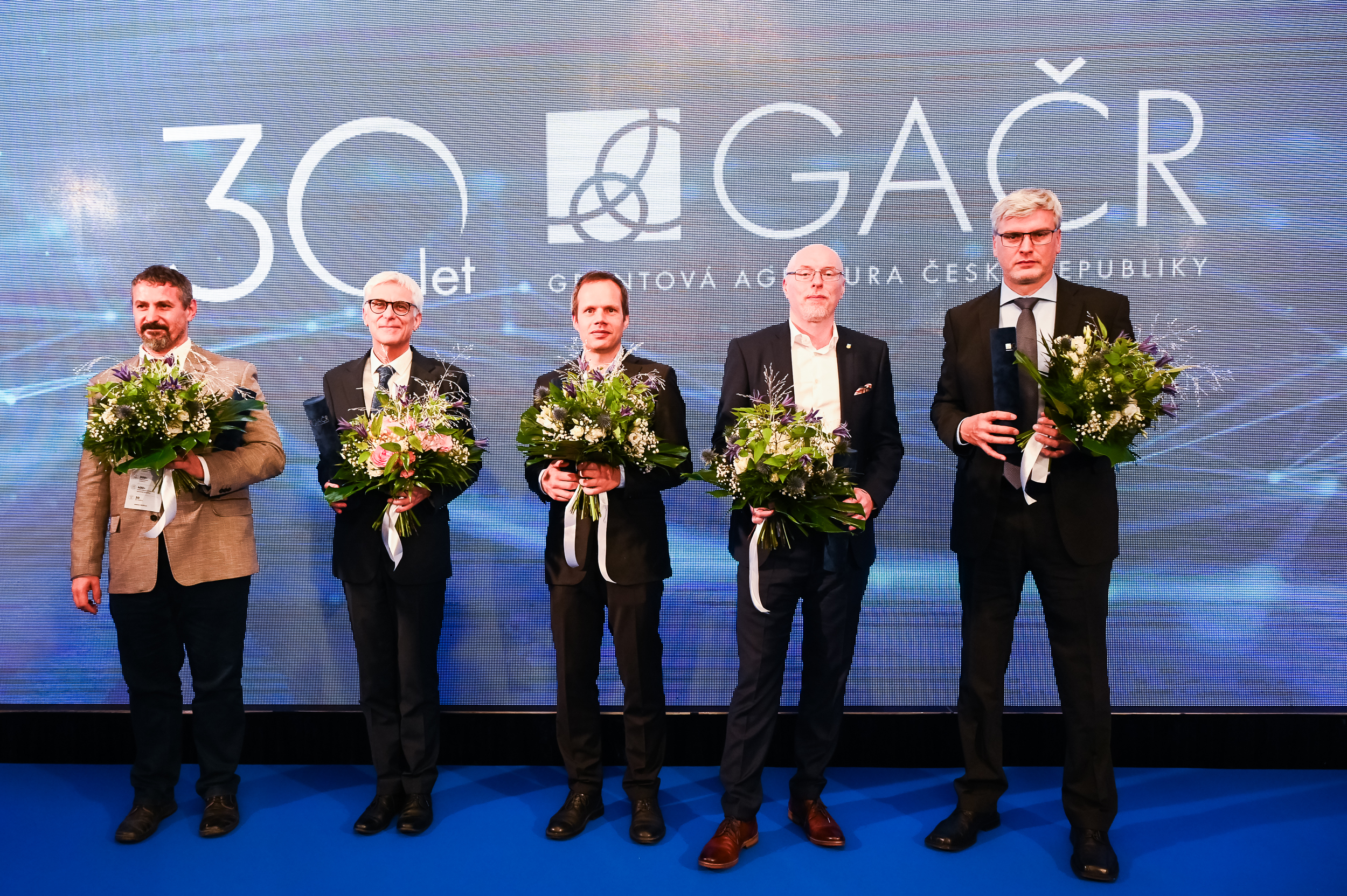Candidates interested in membership in the evaluation panels of the Czech Science Foundation may now apply throughout the year ‒ nominations are valid for two years. Replacements and reappointments occur regularly every year as the members’ terms in office expire.
The Czech Science Foundation is searching experts to join particularly the following panels as of April 2024:
Technical sciences
- P104 – Construction Materials, Architecture and Building Science
- P107 – Metallic Materials – Preparation and Properties
Medical and Biological Sciences
- P303 – Cell, Developmental and Evolutionary Biology
- P305 – Medical Physiology and Neuroscience, Diagnostics and Therapy, Translational research – specialist in neuroscience
- P306 – Pharmacology, Toxicology, Medical Biochemistry, Medical Biophysics
Social Sciences and Humanities
- P402 – Economic Sciences, Macroeconomics, Microeconomics, Econometrics (except Financial Econometrics), Quantitative Methods in Economics (except Operational Research) – specialist in macroeconomics and specialist in applied microeconomics (e.g. development economics, health economics, environmental economics, industrial organisation)
- P403 – Business and Management Science, Financial Econometrics and Operational Research – specialist in operational research
- P406 – Linguistics and Literature – linguist, ideally with a diachronic focus, and literary scientist with a focus on contemporary literature, e.g. Czech literature in an international context
- P408 – Juridical Science and Political Science – specialist in public law with a focus on administrative law or constitutional law
- P409 – Art Sciences – specialist in theatre history and theatre studies
Agricultural and Biological-Environmental Sciences
- P501 – Plant Physiology and Genetics, Plant Medicine
- P504 – Landscape Management, Forestry and Soil Biology, Ecosystem Ecology
- P505 – Animal and Plant Ecology (added 23. 11. 2023)
- P506 – Botany and Zoology
What are the main responsibilities of a panel member?
- Being an impartial evaluator abiding by the Code of Ethics
- Writing reviews for an average of 12-17 project proposals each year, and evaluating additional ones
- Recommending independent external reviewers for the second phase of the evaluation
- Monitoring the progress of the projects funded, and preparing on average 5-7 reports after project completions
- Attending four panel meetings each year where projects are discussed
What are the minimum requirements?
- Academic qualifications at the level of a Ph. D. or higher
- Active scientific activity in basic research
- Significant contribution to the advancement of knowledge and discovery
- Experience with basic research projects as a principal investigator or co-investigator
- Ability to assess scientific problems in the broader context of the development of the discipline internationally
What we offer
- The opportunity to actively participate in the development of scientific excellence in the Czech Republic
- Experience in evaluating and preparing grant proposals
- Opportunity to become familiar with current trends in the field
- Financial remuneration proportionate to the level of involvement in the evaluation process
For the term in office starting as of April 2024, please submit your applications and nominations by 17 December 2023.
- Find out more about the evaluation panels
- Find out more about the evaluation processes
